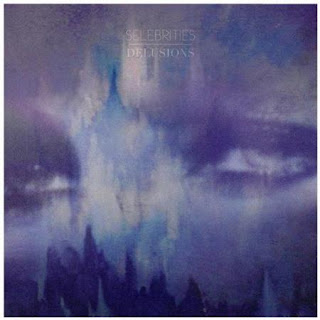The things we know best are the things we haven't been taught.
Marquis de Vauvenargues
domingo, 5 de junio de 2011
Word Of The Day
pomaceous\poh-MAY-shus\
DEFINITION:adjective
1: of or relating to apples
2: resembling a pome
EXAMPLES
The back porch held a sweet, pomaceous aroma, and immediately Glen knew that his mother had baked an apple pie for dessert.
"This Festival is devoted to the mysteries of Plant Reproduction, especially that of those wondrous trees, the Angiosperms, with special emphasis upon the Drupes and the Pomaceous Fruits." -- From Margaret Atwood's 2009 novel The Year of the Flood
DID YOU KNOW?
"Pomaceous" was first planted in the English language by physician Edward Baynard when, in 1706, he advised, "Apples and pomaceous Juices, are the greatest Pectorals." ("Pectoral" is now a rarely used word for a food that helps digestion.) Since then, "pomaceous" has mainly been sown by botanists and poets. The word, which is ultimately derived from Late Latin "pomum" (meaning "apple"), was originally used of apples and things relating to apples, but later it was also applied to things that look like pears. (Pears, like apples, belong to the pome family.)
DEFINITION:adjective
1: of or relating to apples
2: resembling a pome
EXAMPLES
The back porch held a sweet, pomaceous aroma, and immediately Glen knew that his mother had baked an apple pie for dessert.
"This Festival is devoted to the mysteries of Plant Reproduction, especially that of those wondrous trees, the Angiosperms, with special emphasis upon the Drupes and the Pomaceous Fruits." -- From Margaret Atwood's 2009 novel The Year of the Flood
DID YOU KNOW?
"Pomaceous" was first planted in the English language by physician Edward Baynard when, in 1706, he advised, "Apples and pomaceous Juices, are the greatest Pectorals." ("Pectoral" is now a rarely used word for a food that helps digestion.) Since then, "pomaceous" has mainly been sown by botanists and poets. The word, which is ultimately derived from Late Latin "pomum" (meaning "apple"), was originally used of apples and things relating to apples, but later it was also applied to things that look like pears. (Pears, like apples, belong to the pome family.)
Suscribirse a:
Comentarios (Atom)





